UNSC backs war crimes court for Kosovo
A UN Security Council meeting to present UN Secretary General Ban Ki-moon’s regular quarterly report on the situation in Kosovo was held late on Friday.
Monday, 01.09.2014.
09:33

UNSC backs war crimes court for Kosovo
Serbian Foreign Minister Ivica Dačić said that Serbia expects a special court to be set up as soon as possible, by the beginning of the next year at the latest, before which indictments will be raised against leaders of the Kosovo Liberation Army (KLA) suspected of crimes against humanity and war crimes.Dačić warned that acquittal due to lack of evidence caused by witness intimidation must never again be allowed for individuals responsible for the crimes.
All those involved in intimidation of witnesses also have to be prosecuted and found guilty, he said.
The head of the UN Interim Administration Mission in Kosovo (UNMIK) Farid Zarif expressed his sorrow over the recent deaths of three persons, including a member of the Serbian Gendarmerie, and cautioned against the speculations on political motives, stressing that the investigating authorities should be allowed to do their job.
Noting that John Clint Williamson, chief prosecutor for the EULEX Special Investigative Task Force presented a report on July 29 on the course of investigation into the allegations contained in Swiss Senator Dick Marty’s report on crimes against Serbs and other non-Albanians in Kosovo, Zarif said that this report is of great importance for the reconciliation and strengthening of the rule of law.
Kosovo Foreign Minister Enver Hoxhaj said that the deaths of three persons, including a Serbian Gendarme, are isolated incidents and that the Kosovo authorities will make sure that such incidents do not repeat.
Hoxhaj said that the UN Mission in Kosovo should be finished, or, at the suggestion of the Kosovo government, reconfigured into a UN political office in Kosovo aimed at providing support to its institutions in a new way.
The meeting ended in a heated debate related to the Ukrainian crisis.
Hoxhaj pointed out that certain Serbian citizens offer support to pro-Russian forces in Ukraine, which Dačić qualified as “classic propaganda”.
Hoxhaj condemned Serbia for, as he said, the participation of individuals in the support to pro-Russian separatists groups in eastern Ukraine, stressing that the government of Kosovo strongly opposes them.
Referring to the unilateral declaration of independence made by ethnic Albanians, Dačić noted that Kosovo "declared independence without any agreement with Serbia," and said that Hoxhaj is taking advantage of the situation and using an UN SC meeting for classic propaganda.
During the debate, members of the UN Security Council supported the setting up of a specialist court for war crimes in Kosovo, and were divided on Hoxhaj’s suggestion to phase out UNMIK presence in Kosovo. Serbia expects a special court to be set up as soon as possible, by the beginning of the next year at the latest, before which indictments will be raised against leaders of the Kosovo Liberation Army (KLA) suspected of crimes against humanity and war crimes, Serbian Minister of Foreign Affairs Ivica Dačić stated in New York.
We believe that all countries that respect international law would insist on this, Dačić said at the UN Security Council session.
He noted that the scope of crimes listed in the report by Chief Prosecutor (of the special investigative team) Clint Williamson call for a court epilogue because only in such a way justice and peace for a great number of victims and their families can be achieved.
He called on relevant factors in the international community to do all that needs to be done so that the special court could be set up by the beginning of the next year, and warned that acquittal due to lack of evidence must never again be allowed for individuals responsible for the crimes because of witness intimidation.
Dačić said that all those involved in intimidation of witnesses also have to be prosecuted and found guilty.
Serbia will continue doing all it can, just as it has done in the past, to help collect additional evidence for organ trafficking, but other countries also need to invest efforts so that the evidence could find its way to the special court, he noted.
Belgrade calls on all political factors in Kosovo to bear in mind that whether justice will be achieved depends on their conscientious actions, he said.
Dačić said that Serbia is deeply committed to the continuation of a constructive dialogue with Priština on all levels and the implementation of the agreements reached so far, adding that it expects the EU to facilitate the dialogue.
Serbia has conscientiously fulfilled all the obligations it took on so far, but the same cannot be said for Priština, Dačić stated and noted that Belgrade expects Priština to end the post-election procedures in the foreseeable future so that the community of Serb municipalities (ZSO) could be set up.
Dačić warned against the essential gap between international standards and legislations on one side and on the other, the actual situation in the field which is characterised by inter-ethnic incidents, unsolved property issues, limited approach to public services for members of non-Albanian communities and their distrust in the work of institutions.
The situation in Kosovo-Metohija remains difficult, Serbs are living in constant fear and unemployment rates in Serb municipalities have reached record figures. This all constitutes an obstacle to the normalization of relations and establishment of inter-ethnic trust, as well as a potential threat to stability and security in the wider regional context, the Serbian foreign minister said.
In this light, he also mentioned the arbitrary arrests of local Serbs and the case of (leader of Citizens' Initiative Serbia, Democracy, Justice) Oliver Ivanović.
The Serbian government issued guarantees that Ivanović will come forth in the process, and the refusal to release him pending trial constitutes disrespect for the Serbian government which contributed to the normalization of relations to such a large extent, he noted.
We request that Oliver Ivanović be released from detention, Dačić said.
Belgrade is closely following the court process against the so-called Drenica group and is concerned because three out of seven indicted members of former KLA managed to escape from the institution where they were undergoing medical treatment, he added.
Dačić also reflected on the June events at the bridge in Kosovska Mitrovica and pointed out that the removal of roadblocks on the northern (Serb) side of the bridge over the Ibar River was a sign of good will by the local Serb population, while the reaction of their Albanian fellow-citizens was not good-intentional and it only contributed to the deepening of intolerance.
According to Dačić, privatisation of public and social companies in Serb environments conducted by the Kosovo Privatization Agency also remains a major problem.
Dačić believes that the conditions have not been met for the focus of the UNSC to be shifted from Kosovo, which is further supported by the recent incident in the Ground Safety Zone that claimed the life a member of the Serbian Gendarmerie.
Serbia is willing to invest maximum efforts in further stabilization and normalization of situation in Kosovo and Metohija because Serbia's vital interest is peace, Dačić concluded.












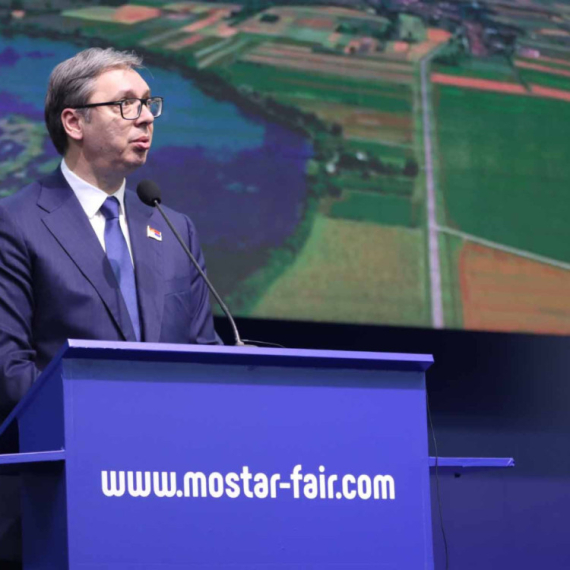
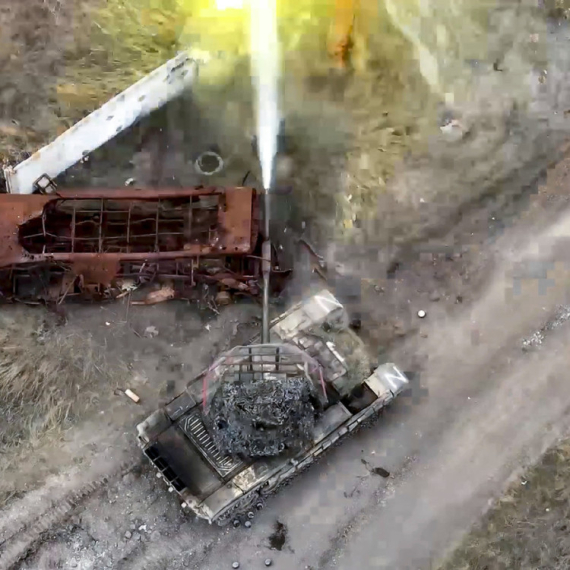
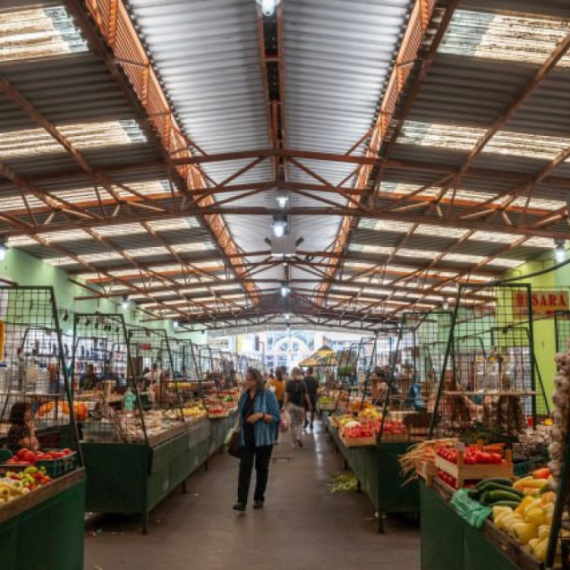

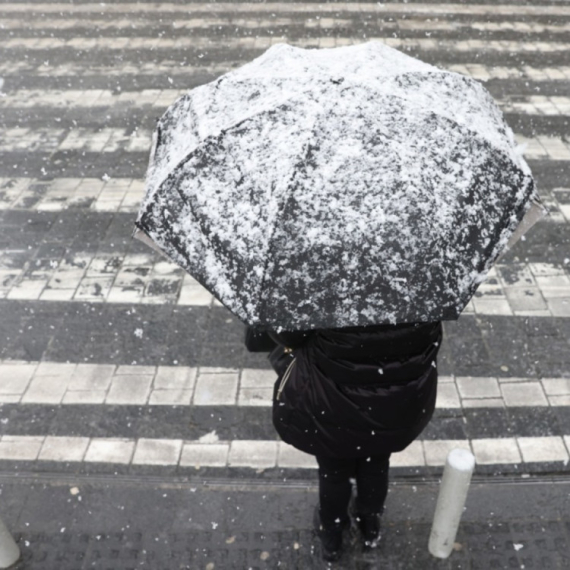
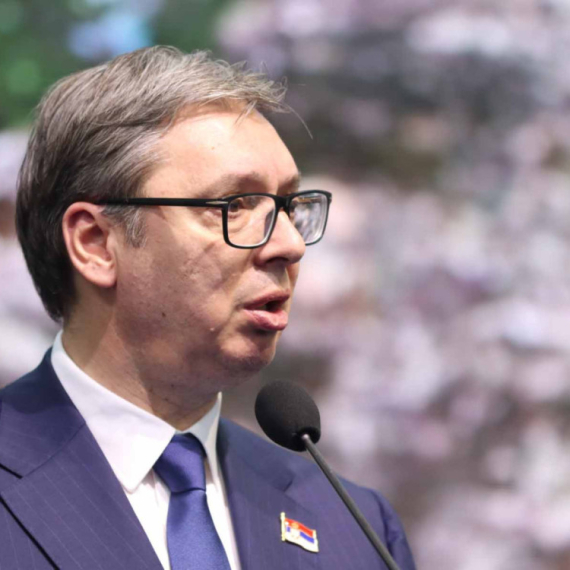




















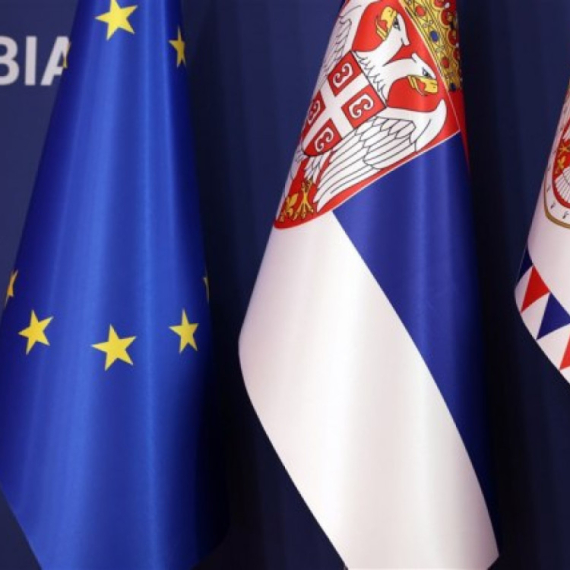
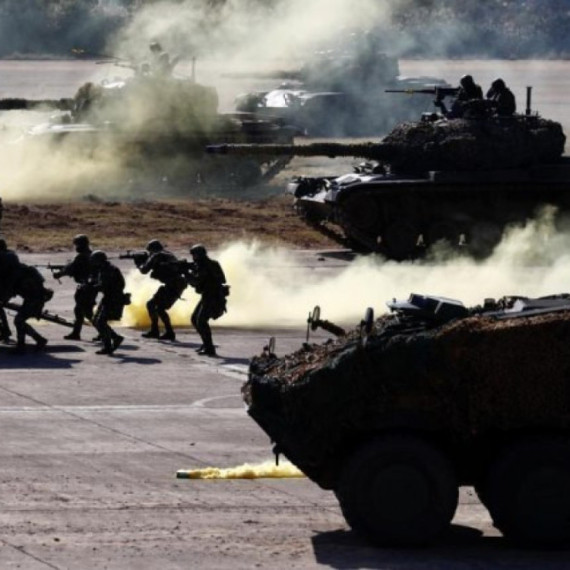
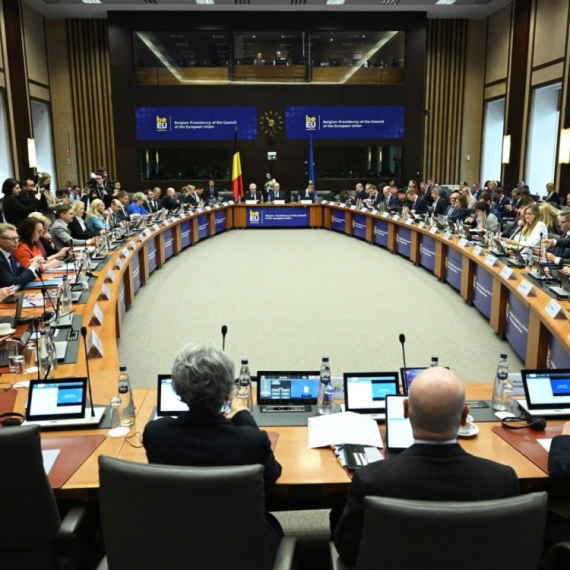
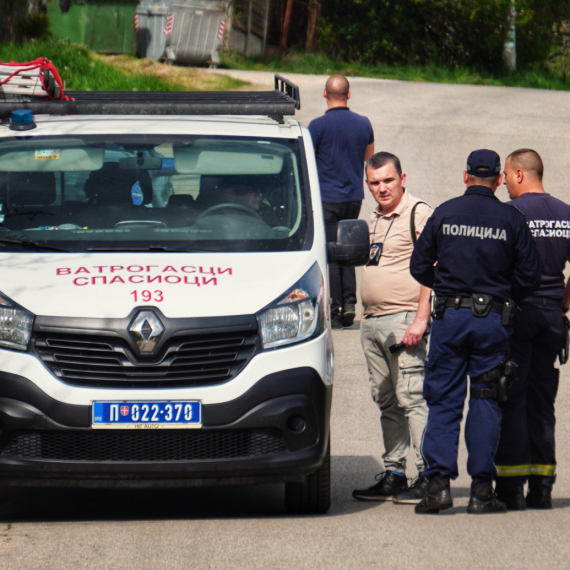
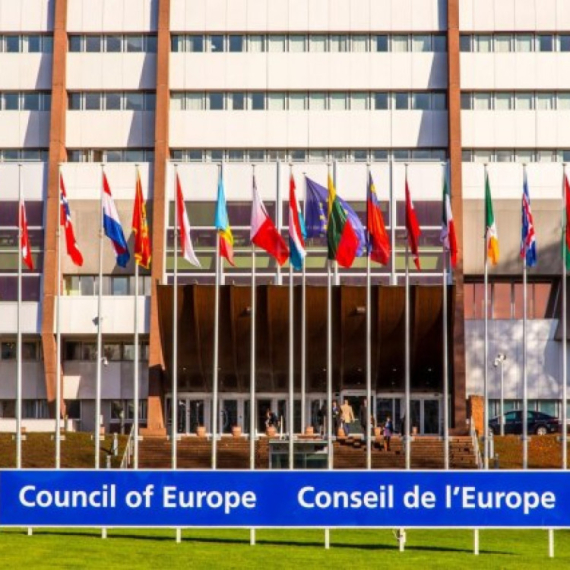






Komentari 2
Pogledaj komentare